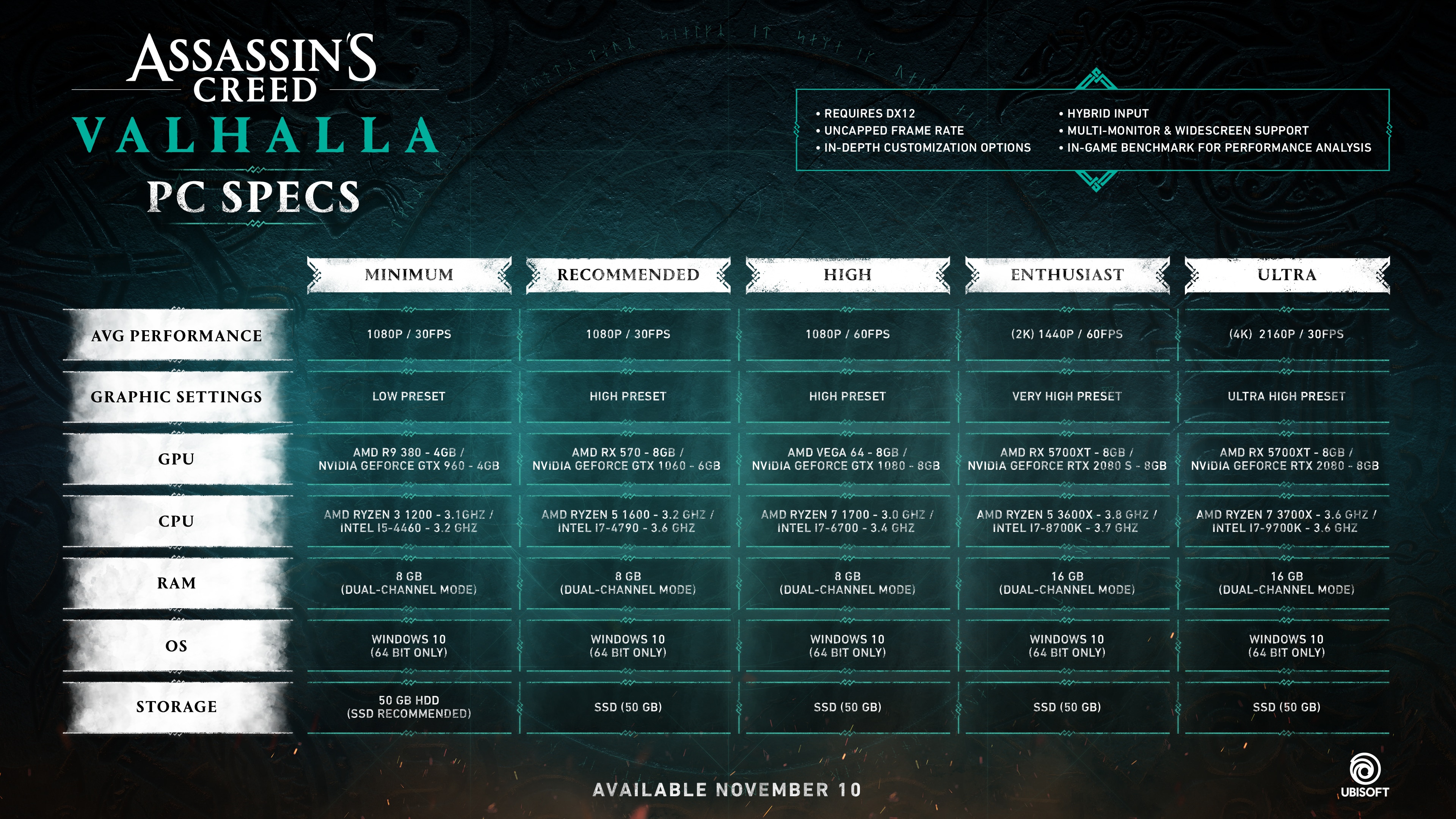D
Deleted member 11852
Guest
Okay, what proportion of PCs are currently equipped that they can use DS at a suitable level of performance to match consoles once the rest of the stack is integrated and executed?
This really demonstrates the problem. I've just built a new 'small' PC with a Intel 12700K (20 threads), 32Gb DDR5 RAM, Z690 intel chipset motherboard, two PCI4.0 drives (256Gb for Windows 11, 2Tb for games), a 12Gb 3080 which is a hardware configuration that supports DirectStorage (DS). So what the barrier? Most software does have any support for DS, it's just not been designed for it. This doesn't seem like a problem that isn't going to change anytime soon - certainly not until HDDs (spinning-platter) and even slow SSDs are in a very small minority - at least not unless devs/publishers are willing to sacrifice sales based on PC hardware demographics.
This may be less of a problem on PC because this is a platform predicated on user choice. Some folks will run things utterly unsuited for their hardware because it's that or go without.


